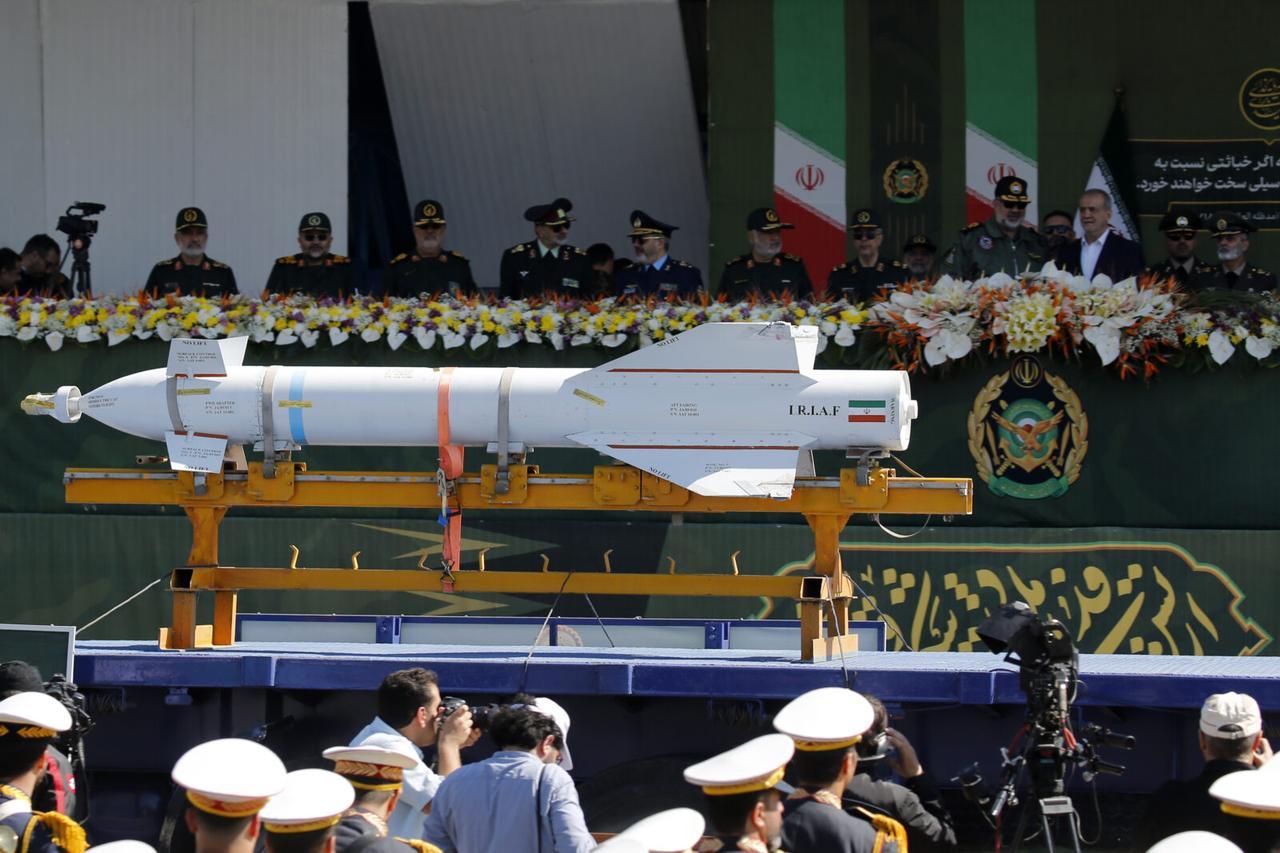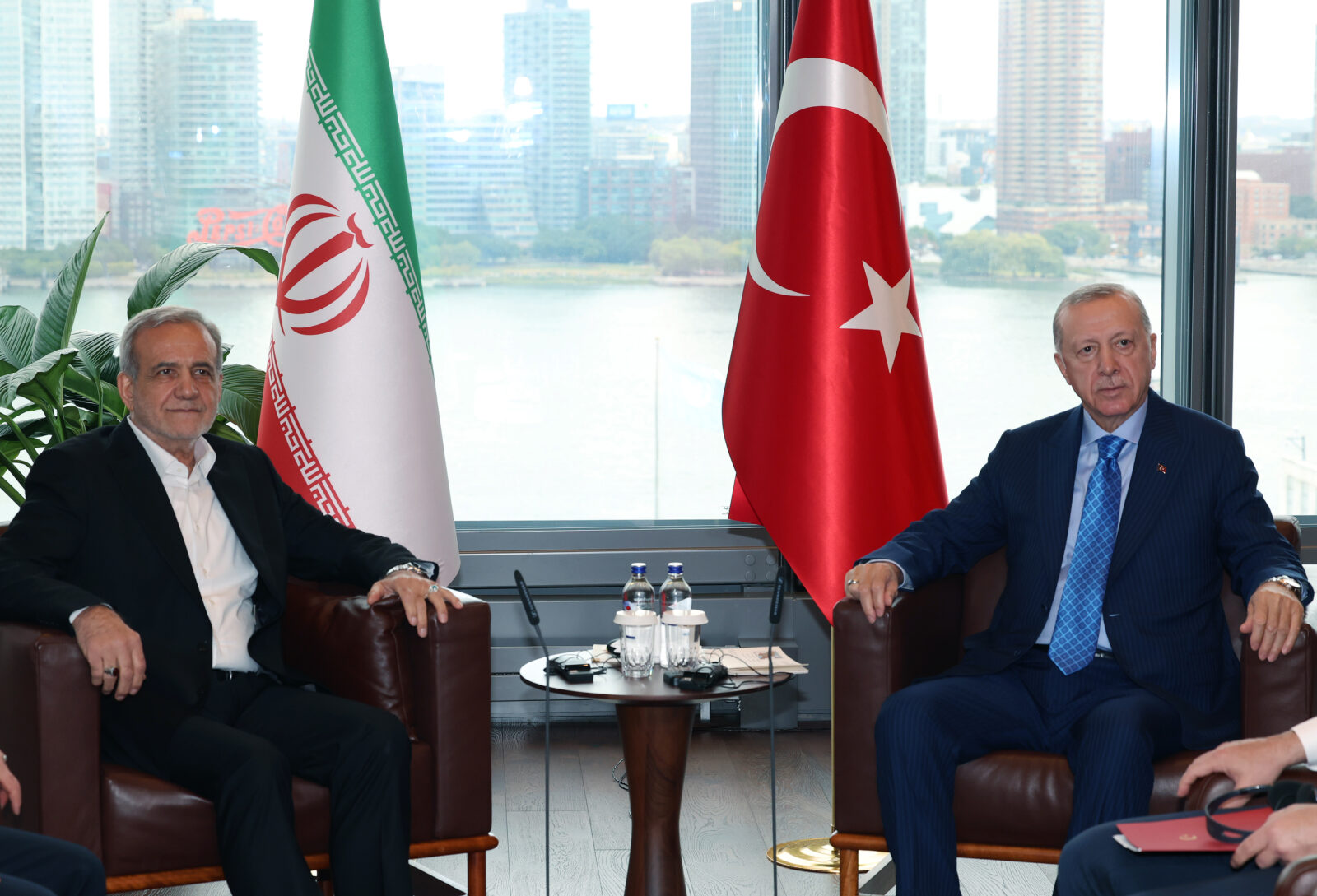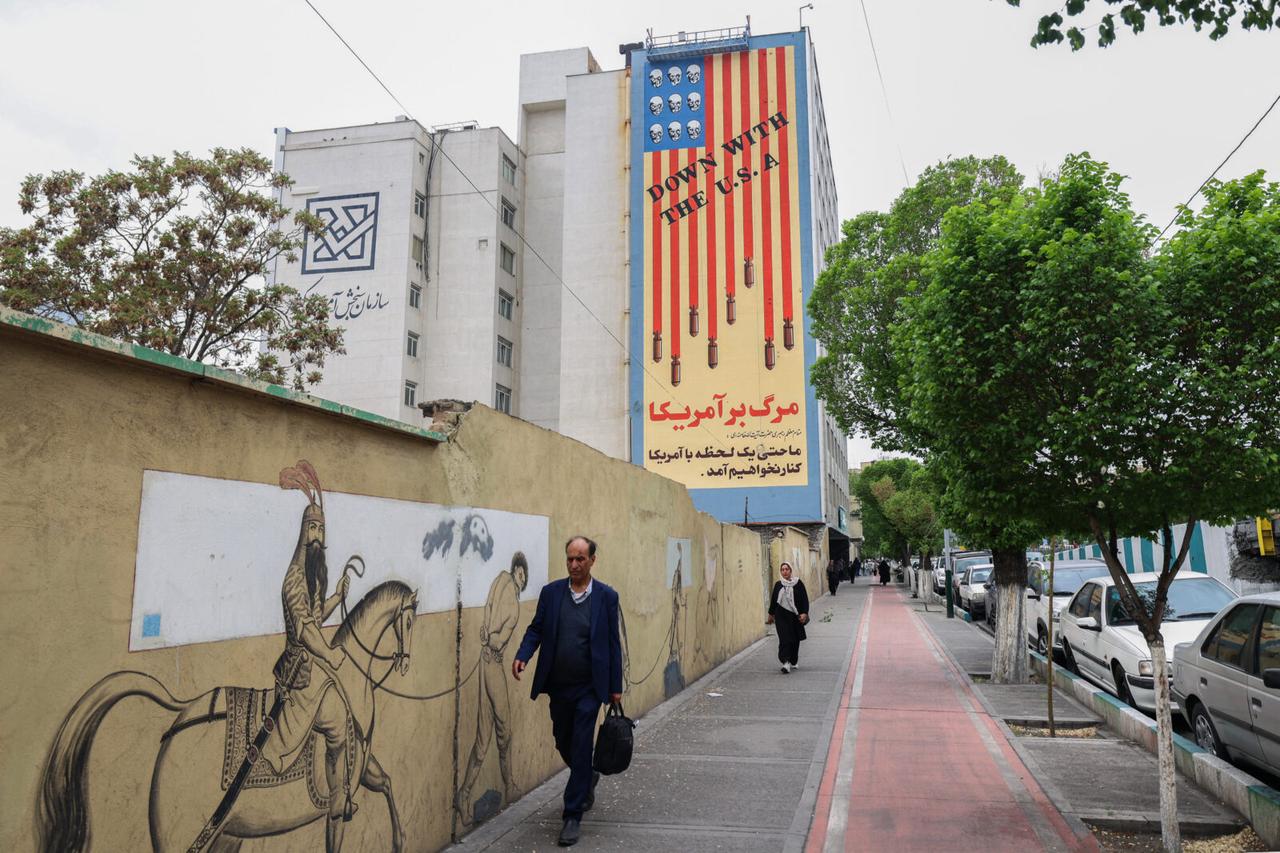
As Israel grows increasingly determined to derail diplomatic efforts and the Trump administration finds itself unable to achieve meaningful progress toward a nuclear deal, all parties of the Middle East have begun displaying increasingly aggressive postures.
The United States, citing increasing regional instability, has begun withdrawing some diplomatic personnel, especially from Iraq. The partial evacuation of the U.S. Embassy in Baghdad signals Washington’s growing unease. When pressed for clarity, President Donald Trump merely offered, “The Middle East can be a dangerous place. We’ll see in the coming days.”
These moves closely follow reports of stalled nuclear talks with Iran and rising hostilities. The International Atomic Energy Agency accused Tehran of failing to cooperate, triggering demands for urgent clarification. In response, Iran escalated the situation by announcing the development of a new uranium enrichment facility, deploying sixth-generation centrifuges and hinting at further measures.
Observers suggest two primary interpretations: either Washington is applying pressure to force Iranian concessions — perhaps under the shadow of potential Israeli action — or diplomacy has run its course, with sanctions or military strikes looming.
Türkiye finds itself in a particularly complex position regarding Iran’s nuclear program. The relationship between Ankara and Tehran has never been straightforward since the 1979 revolution, marked by cycles of cooperation and competition that resist simple labels of friendship or rivalry.
The two countries compete for influence in Central Asia and the Middle East while viewing each other’s activities with suspicion. Turkish officials have long expressed concern over Iranian intelligence operations on Turkish soil, support for the PKK terrorist organization, and threats posed by Iranian-backed militants to Turkish forces in Iraq and Syria. Iran, in turn, reacted negatively to Ankara’s decision to host NATO radar systems in Malatya in 2011.
Despite these tensions, Türkiye maintains consistent principles on nuclear nonproliferation. Ankara recognizes Iran’s right to peaceful nuclear research while promoting nonproliferation as a signatory to the Nuclear Non-Proliferation Treaty since 1969. The country regularly urges Tehran to cooperate with international atomic energy inspectors.

Türkiye’s approach to the Iranian nuclear issue stems from three primary factors. First, Ankara opposes further nuclear armament in its immediate neighborhood, viewing regional proliferation as destabilizing. Second, a nuclear-armed Iran would shift the regional balance of power and could draw Türkiye into conflicts between Iran and other major powers. Such warfare near Turkish borders could lead to refugee crises and potential nuclear disasters affecting Turkish territory.
Third, the nation has significant economic interests in maintaining trade relations with Iran. The two countries share a border, Türkiye purchases Iranian natural gas, and Iranian markets offer substantial commercial opportunities if sanctions are lifted. Ankara faces ongoing pressure, particularly from the United States, over its trade with Iran under current sanctions regimes.
These considerations align with Türkiye’s broader foreign policy ambition to serve as a bridge-builder and intermediary between competing powers, as recently seen in talks held in Istanbul between Iran and European powers.

The potential for Iranian nuclear weapons development could trigger a regional arms race, as neighboring countries seek their own nuclear capabilities to maintain strategic balance. Such a scenario would heighten regional tensions and risk broader destabilization in the Middle East.
Türkiye’s position is further complicated by its dual relationships with both the United States, as a NATO ally, and Iran, as a regional neighbor and trading partner. While Türkiye agrees that Iran should not acquire nuclear weapons, it has sought exemptions from certain sanctions, particularly those affecting oil purchases.
A successful nuclear agreement with Iran presents both opportunities and risks for Türkiye. On one hand, sanctions relief would allow expanded Turkish-Iranian trade and could contribute to regional stability.
On the other hand, improved Western-Iranian relations always carry the potential to marginalize Türkiye’s regional influence, especially if Iran becomes a preferred partner for European energy diversification efforts while its aggressive intentions are overlooked.
Although the Iranian nuclear issue forces Türkiye to balance competing domestic and international interests, the country has limited ability to influence the course of negotiations.
Amid historically high levels of Israeli aggression in the region, a potential attack would once again force Türkiye to seek balance while confronting the consequences of instability— all while continuing to grapple with the threat of an Iranian nuclear capability.